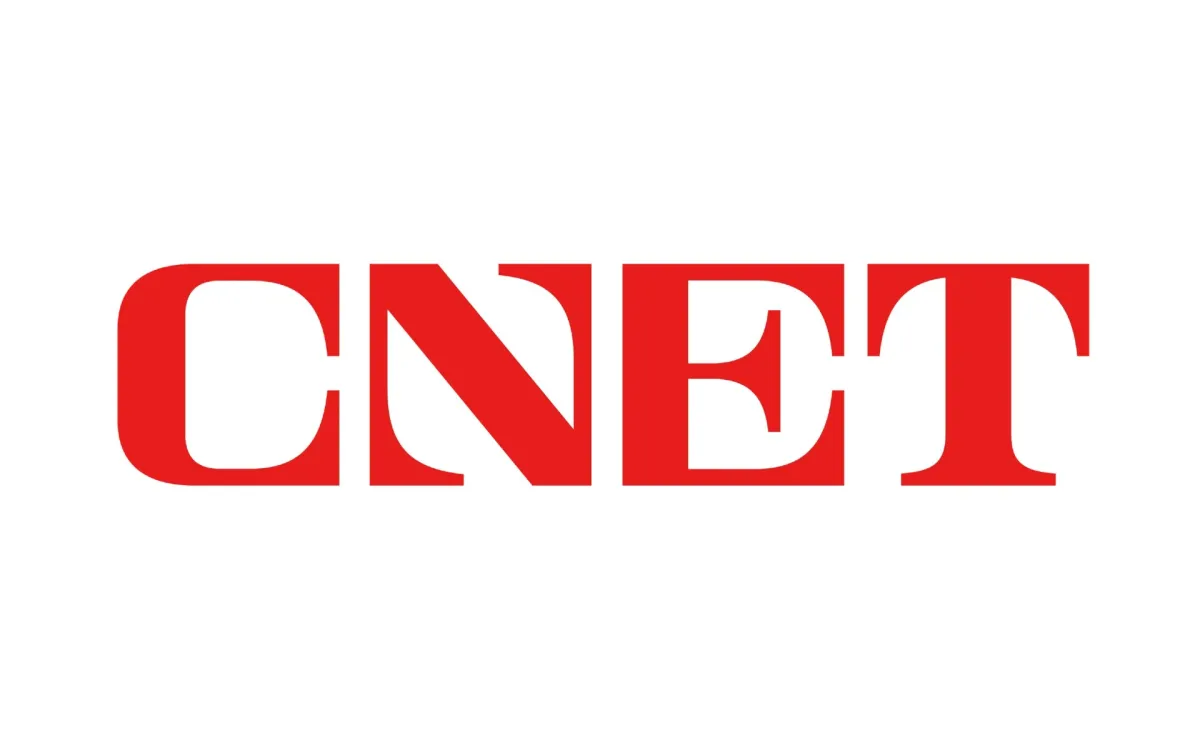
Ziff Davis today announced its acquisition of CNET from Red Ventures for more than $100 million. This transaction brings together two prominent names in technology journalism, potentially heralding a wave of consolidation in the digital media sector.
Vivek Shah, CEO of Ziff Davis, revealed the acquisition as part of the company's strategy to expand its portfolio of digital media properties. With approximately $800 million in cash reserves, Ziff Davis is well-positioned to pursue further acquisitions. Shah anticipates more deals across the industry, citing increasing pressure from tech giants like Google and Meta on digital advertising revenue, as well as the disruptive potential of artificial intelligence advancements.
CNET, founded nearly three decades ago, has been a pioneer in online tech coverage. The site attracted 38 million visitors in June 2024, according to data from Similarweb. This substantial audience was a key factor in Ziff Davis's decision to acquire the brand, as it strengthens the company's position with advertisers targeting tech-savvy consumers.
The sale price represents a significant decline in CNET's valuation over the years. CBS acquired the site in 2008 for $1.8 billion, while Red Ventures purchased it in 2020 for about $500 million. The current transaction at just over $100 million reflects the challenges faced by digital media companies in recent years.
Industry analysts point to several factors contributing to CNET's declining valuation and Red Ventures' decision to sell. Kevin Indig, a growth advisor, highlighted on LinkedIn that CNET's total traffic dropped by 50% over the past three years, with organic traffic plummeting by 68%. This decline occurred despite the efforts of Red Ventures' highly regarded SEO team, underscoring the difficulties in maintaining traffic in the face of evolving search engine algorithms.
Lily Ray, Vice President of SEO Strategy & Research, noted on LinkedIn that 2024 has been particularly challenging for affiliate and review sites. She attributes this to significant changes in Google's search algorithms, which have favored big brands, user-generated content, forum discussions, and social media sites. This shift has dramatically reduced the visibility and opportunities for many informational sites focused on product reviews and recommendations.
The impact of artificial intelligence on content creation has added another layer of complexity to the digital media landscape. Pedro Dias, an industry expert, commented on X (formerly Twitter) that the future for content sites looks increasingly challenging. He suggests that the quality bar for content has risen dramatically, potentially requiring a 50x or 100x improvement to stand out in an AI-driven environment.
CNET itself has grappled with AI-related controversies. In early 2023, an investigation by Futurism revealed that CNET had been publishing articles produced with the assistance of generative AI. This discovery led to a refinement of the site's publishing guidelines and contributed to the unionization of CNET's content creators, who cited AI as a critical issue.
The acquisition by Ziff Davis brings CNET full circle in some ways. Sascha Segan, a long-time tech journalist, provided historical context on X, noting that CNET and ZDNet (originally part of Ziff-Davis) were fierce rivals during the early days of the web. The two brands have a complex history of ownership changes and competition, making this acquisition a significant milestone in tech media history.
For Ziff Davis, the acquisition of CNET aligns with its long-term strategy of collecting prominent tech media properties. Under Shah's leadership, the company has previously acquired brands such as IGN, Mashable, and Lifehacker. This approach aims to build a robust portfolio of tech-focused content sites that can weather industry challenges through combined strength and shared resources.
As the digital media landscape continues to evolve, this acquisition may signal the start of a consolidation trend. Media companies are likely to explore strategic partnerships and mergers to better compete with tech giants, adapt to AI-driven content creation, and navigate changes in search engine algorithms.
Key Facts
Ziff Davis acquires CNET from Red Ventures for over $100 million
CNET's valuation has decreased significantly since its previous sales
Total traffic to CNET dropped by 50% over the past three years
Changes in Google's algorithms have negatively impacted many affiliate and review sites
AI's influence on content creation is raising quality expectations dramatically
The acquisition may herald further consolidation in the digital media industry
Historical rivals CNET and Ziff Davis are now united under one corporate umbrella

